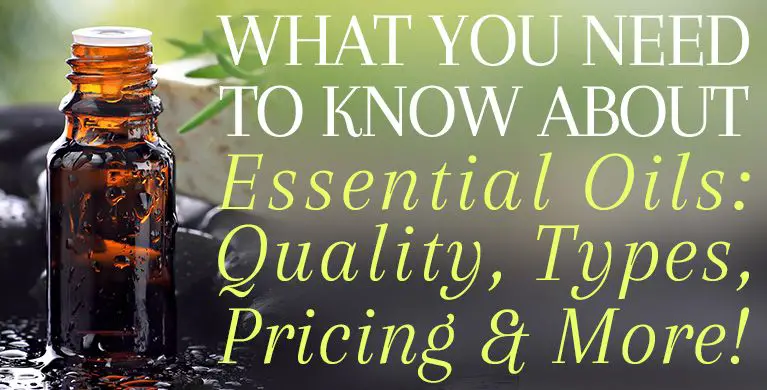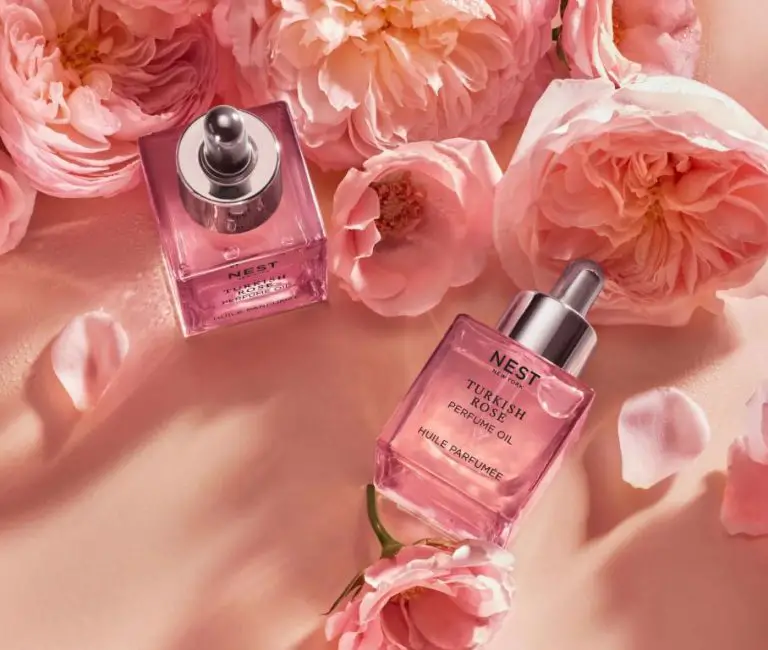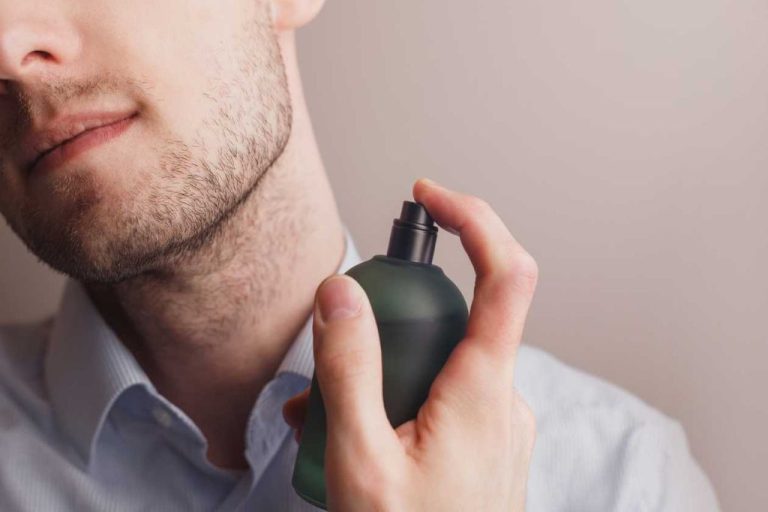What Lasts Longer Fragrance Oil Or Essential Oil?
Introducing Fragrance Oils and Essential Oils
Fragrance oils and essential oils are both used for their aromatic properties, but have some key differences.
Fragrance oils are synthetic oils made from chemical components. They are artificially created in a laboratory to replicate natural scents or produce unique fragrance combinations (Source). Fragrance oils are used in products like candles, soaps, lotions, perfumes and cleaning products to add scent.
Essential oils are natural aromatic compounds extracted from plants through methods like steam distillation or cold pressing. Common essential oils are lavender, peppermint, eucalyptus, tea tree and lemon (Source). Essential oils are valued for their natural therapeutic benefits and are used in aromatherapy, skin care, cleaning products and more.
Chemical Composition
Fragrance oils are typically made from synthetic ingredients or natural extracts diluted in a carrier oil. The specific chemical composition can vary greatly between fragrance oil products. Manufacturers mix aromatic chemicals together in different proportions to create the desired scent. Common ingredients include synthetic musks, esters, aldehydes, and essential oil isolates.
Essential oils derive directly from plants and contain the natural compounds and volatile aromatic molecules like terpenes and terpenoids. The chemical makeup depends on the plant source, but essential oils are highly concentrated versions of the key active compounds. For example, oils like peppermint and eucalyptus contain menthol and cineole respectively which give them their distinctive scent.
Longevity and Strength
Fragrance oils are typically designed and formulated to last longer than essential oils. Many fragrance oils utilize synthetic aroma chemicals that are less volatile, allowing the scent to endure over time. According to The Flaming Candle, the average shelf life of a fragrance oil is around 6-12 months depending on the specific formulation.

Meanwhile, essential oils derived from plants are inherently more volatile and evaporate more quickly. Their longevity can vary greatly depending on the plant source. For example, top notes like lemon and citrus oils will not last as long as base notes like patchouli or sandalwood.
The concentration and dilution of oils will also impact longevity. More concentrated oils or products with less dilution will usually have more staying power. Essential oils are generally considered more potent and concentrated than fragrance oils. But when diluted in products, fragrance oils can have comparable strength.
Overall, fragrance oils tend to have better longevity than essential oils, especially when specifically designed and formulated for lasting fragrance power. However, essential oils can have excellent longevity in their undiluted form or when used appropriately in products.
Factors Impacting Longevity
The longevity of both fragrance oils and essential oils depends on several key factors:
Ingredient Quality and Purity: High quality, pure ingredients last longer than cheaper diluted options. Pure essential oils contain only aromatic compounds extracted from plants, while some fragrance oils use synthetics. The natural compounds in essential oils tend to have greater longevity.
Storage Method and Conditions: Proper storage is crucial for preserving fragrance oils and essential oils. Oils should be stored in dark, tightly sealed containers away from heat, light, and oxygen. Refrigeration can help extend lifespan. Improper storage leads to fading.
Level and Frequency of Application: Using oils sparingly can help preserve their scent, compared to heavy application. Frequent reapplication is often needed. Using fragrance fixatives or carrier oils helps the aroma last longer on skin or fabrics.
Using Oils and Fragrance Fixatives
Fixatives help extend the scent lifespan of both essential oils and fragrance oils. They work by slowing down the evaporation rate of the volatile aromatic compounds in oils, allowing the scent to linger longer on skin or fabrics. Some common fixatives used in perfumery include vanilla, benzoin resin, ambrette seed, oakmoss, and orris root.
The best practice for applying oils is to first mix a few drops into a fixative or carrier oil like fractionated coconut oil. This helps avoid potential skin sensitivities and also dilutes the oil so the aroma is not overwhelming. The fixative oil will help the scent last longer. For fabrics, the oil blend can be mixed into laundry detergent or applied directly. Allow time to fully dry before additional fragrance is added to avoid an overly strong scent. Using too much fragrance oil at once will lead to a shorter lifespan. Apply judiciously over time for optimal longevity [1].
Comparing Longevity in Products
When comparing the longevity of fragrance oils versus essential oils in different products, candles show the biggest difference. According to Fragrance Oils v Essential Oils in Candles: Which is Better?, fragrance oils typically last 1-2 years in candles while essential oils fade more quickly.
The chemical composition of fragrance oils makes them much more stable and long-lasting in candle wax compared to volatile essential oils. Essential oils can evaporate or degrade when heated which shortens their scent throw and longevity. Blended fragrance oils specially formulated for candles maintain their scent for dozens or even hundreds of hours of burn time.
In soaps and lotions, fragrance oils also tend to last longer than essential oils according to Essential Oils vs Fragrance Oils. The alkalinity of soap can alter some essential oil chemistry. However, some natural preservatives and antioxidants can help extend essential oil scent in bath and body products.
Overall, fragrance oil longevity surpasses essential oils in nearly all applications. But essential oils can still be effective when properly formulated and stabilized.
Cost Differences
Fragrance oils are typically less expensive to produce than essential oils. This is because fragrance oils can be synthesized from chemical ingredients, allowing manufacturers to control the cost. Essential oils, on the other hand, must be extracted from natural plant materials like flowers, herbs, and spices. The availability and yields of these plant sources impacts the cost of producing essential oils.
This price difference gets passed along to consumers in the form of less expensive products containing fragrance oils. Products using essential oils are more costly since the oils themselves have a higher base price. Consumers need to weigh the benefits of 100% natural essential oils against the lower cost of synthesized fragrance oils that still provide lasting fragrance.
Sourcing Considerations
When sourcing essential oils and fragrance oils, it’s important to evaluate the quality, purity, and sustainability practices of suppliers. Many factors go into assessing the quality of oils, including the plant species, country of origin, distillation methods for essential oils, and chemical analysis for contaminants.
For essential oils, reputable suppliers will provide information on the botanical species, such as Lavandula angustifolia for true lavender oil. Certified organic and wildcrafted oils may offer greater purity. Gas chromatography tests can verify the concentration of desired aromatic compounds. Essential oils should be 100% pure plant extracts with no additives or dilutents.
Fragrance oil suppliers may utilize renewable, sustainable sources for their synthetic aroma chemicals. These include plant-based alcohols from corn and sugarcane rather than petrochemicals. Some companies use biodegradable bases such as esters made from sapindus fruit oil. Evaluating the oil’s ingredients for sustainability is important.
When sourcing either essential oils or fragrance oils, suppliers committed to ethical and sustainable practices are ideal. This includes fair labor practices, eco-friendly extraction where applicable, and minimizing environmental impacts. Reputable sellers provide transparency into their supply chain.
High quality, pure oils from environmentally and socially responsible suppliers may cost more. However, they offer superior fragrance properties, user safety, and ecological benefits compared to low-cost oils of uncertain origin and composition.
Safety Precautions
Both essential oils and fragrance oils can cause skin sensitization in some individuals. It’s important to do a patch test before using a new essential oil or fragrance oil on a larger area of skin. Dilute oils properly in carrier oils like coconut oil or jojoba oil according to usage guidelines. Improper dilution is one of the main causes of skin irritation.
Always keep both fragrance and essential oils out of reach of children. Essential oils in particular can be toxic if ingested. Store oils away from heat and light to maintain their integrity. Refer to specific safety data sheets for each oil to understand sensitization risks and proper handling.
While essential oils are derived from natural ingredients, they are still very potent and require safe usage. Follow the usage guidelines for each essential oil and do not exceed recommended dosages. Pregnant women and people with medical conditions should take extra precautions and consult their doctor before using essential oils.
Summary and Recommendations
In summary, essential oils tend to have a longer lifespan and last longer than fragrance oils. However, there are ways to extend the longevity of both essential oils and fragrance oils through the use of fixatives and proper storage methods.
When comparing essential oils and fragrance oils in products, essential oils will generally last longer in formulations with a carrier oil or base, while fragrance oils fade more quickly from products over time. Oil diffusers will extend the scent of essential oils, whereas fragrance oils lose potency sooner.
To maximize fragrance lifespan for both essential and fragrance oils:
- Store oils in dark, cool places and avoid light exposure
- Use fixatives like vanilla, wood, and resins to anchor the scent
- Limit oxygen exposure by keeping bottles full
- Use carrier oils and bases to extend scent in products
- Employ proper safety handling to avoid oxidation
With proper care and storage, both essential oils and fragrance oils can provide lasting beautiful scents, but essential oils generally have greater longevity overall. Consider aroma strength, safety, cost, and availability when deciding between essential and fragrance oils.




